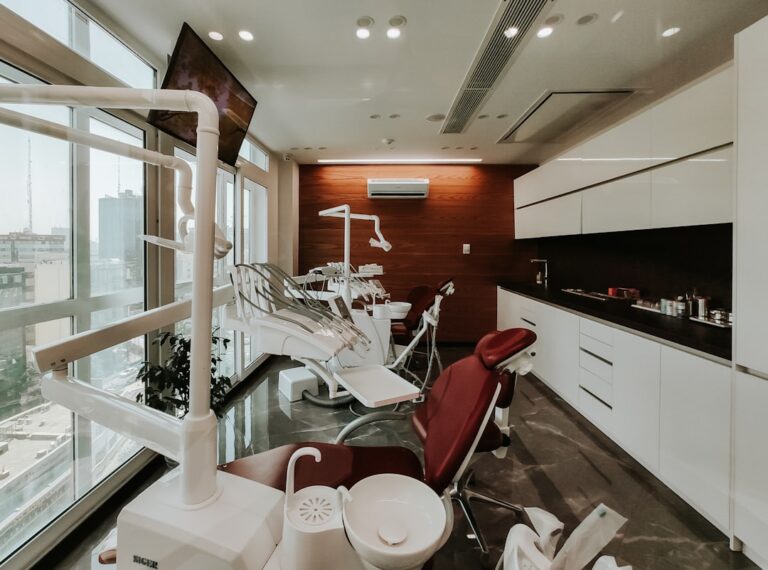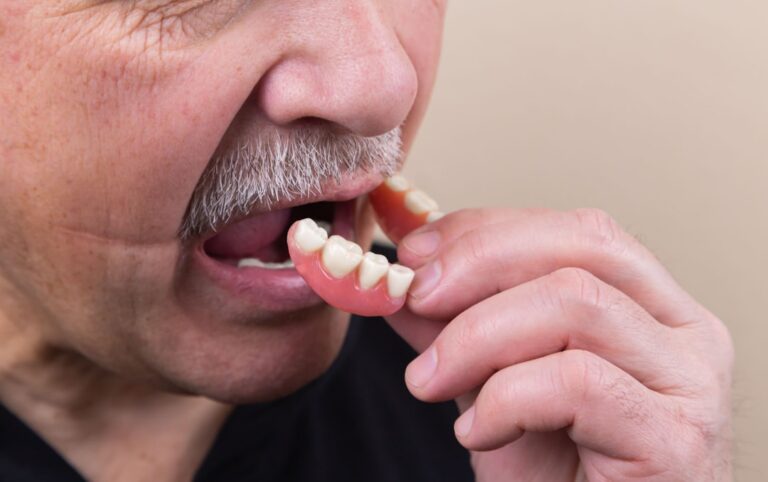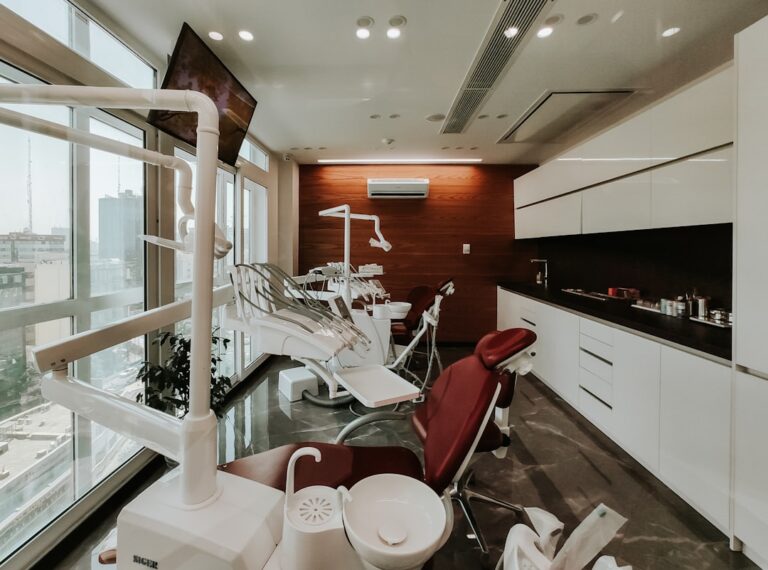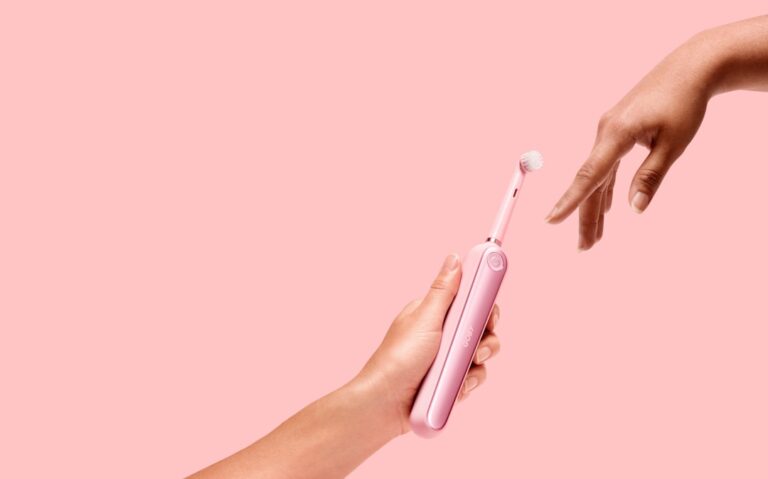Precision dental, also known as digital dentistry, is a modern approach to dental care that utilizes advanced technology to provide more accurate and efficient treatments. This innovative method involves the use of digital tools such as 3D imaging, CAD/CAM technology, and computer-aided design to plan and execute dental procedures with the utmost precision. By incorporating digital technology into every aspect of dental care, precision dental aims to improve the overall patient experience and deliver superior results.
In precision dental, traditional methods of taking dental impressions and creating dental restorations are replaced with digital scans and computer-generated designs. This not only eliminates the discomfort and inconvenience associated with traditional dental procedures but also ensures a higher level of accuracy and customization. With precision dental, dentists can create crowns, bridges, and veneers that perfectly match the patient’s natural teeth, resulting in a seamless and natural-looking smile. Additionally, digital imaging allows for more precise diagnosis and treatment planning, leading to better outcomes for patients.
Key Takeaways
- Precision dental involves using advanced technology and techniques to provide personalized and accurate dental care.
- The benefits of precision dental include improved oral health, better treatment outcomes, and a more comfortable experience for patients.
- Precision dental can help perfect your smile by addressing issues such as misalignment, discoloration, and imperfections in the teeth and gums.
- Technology plays a crucial role in precision dental, enabling dentists to create digital impressions, plan treatments with precision, and use minimally invasive procedures.
- Precision dental techniques and procedures include digital smile design, laser dentistry, and custom-made dental restorations to achieve optimal results for patients.
- Finding the right precision dental provider involves researching their experience, technology, and patient reviews to ensure they can meet your specific dental needs.
- Maintaining your perfect smile with precision dental involves regular check-ups, good oral hygiene practices, and following your dentist’s recommendations for long-term oral health.
The Benefits of Precision Dental for Your Oral Health
Precision dental offers a wide range of benefits for your oral health. One of the most significant advantages is the improved accuracy and precision of treatments, which leads to better long-term outcomes. With digital tools and technology, dentists can create custom restorations that fit perfectly and function seamlessly within the patient’s mouth. This not only enhances the aesthetic appeal of the smile but also promotes better oral health by restoring proper bite alignment and function.
Furthermore, precision dental reduces the margin for error in dental procedures, resulting in fewer complications and a lower risk of post-treatment issues. The use of digital imaging allows dentists to detect potential problems early on and address them proactively, preventing more serious oral health issues down the line. Additionally, precision dental treatments are often less invasive and more comfortable for patients, leading to a more positive overall experience. By embracing precision dental, patients can enjoy improved oral health, enhanced aesthetics, and a higher level of comfort during dental procedures.
How Precision Dental Can Perfect Your Smile
Precision dental plays a crucial role in perfecting your smile by offering advanced solutions for cosmetic and restorative dental treatments. With digital imaging and computer-aided design, dentists can create custom restorations that blend seamlessly with the natural teeth, resulting in a flawless smile. Whether you need crowns, veneers, or bridges, precision dental allows for precise customization to match the color, shape, and size of your existing teeth, creating a harmonious and natural-looking smile.
In addition to restorative treatments, precision dental also offers innovative solutions for cosmetic enhancements such as teeth whitening and orthodontic treatments. Digital imaging allows dentists to plan orthodontic procedures with greater accuracy, resulting in more predictable outcomes and shorter treatment times. Furthermore, precision dental techniques enable dentists to perform minimally invasive cosmetic procedures that preserve more of the natural tooth structure while achieving stunning results. By harnessing the power of digital technology, precision dental can help you achieve the perfect smile you’ve always dreamed of.
The Role of Technology in Precision Dental
| Technology | Role in Precision Dental |
|---|---|
| 3D Printing | Allows for the creation of precise dental implants and prosthetics |
| Digital Imaging | Enables accurate diagnosis and treatment planning |
| Intraoral Scanners | Provides detailed 3D images of the mouth for precise measurements |
| CAD/CAM Technology | Facilitates the design and production of custom dental restorations |
| Laser Dentistry | Allows for precise and minimally invasive dental procedures |
Technology plays a central role in precision dental by revolutionizing every aspect of dental care, from diagnosis and treatment planning to the execution of procedures. Digital tools such as intraoral scanners, 3D imaging systems, and computer-aided design software enable dentists to capture detailed images of the oral cavity and create precise digital models for treatment planning. This not only enhances the accuracy of diagnosis but also allows for more personalized and customized treatment options for patients.
Furthermore, technology in precision dental streamlines the process of creating dental restorations such as crowns, bridges, and veneers. CAD/CAM technology enables dentists to design and fabricate custom restorations in-house, reducing the turnaround time for treatments and ensuring a perfect fit for each patient. Additionally, digital technology allows for better communication between dental professionals and laboratories, leading to more efficient collaboration and superior results for patients. By embracing cutting-edge technology, precision dental sets a new standard for excellence in dental care.
Precision Dental Techniques and Procedures
Precision dental encompasses a wide range of techniques and procedures that leverage digital technology to deliver superior results for patients. One of the key techniques in precision dental is digital impressions, which replace traditional putty impressions with intraoral scanners that capture detailed 3D images of the teeth and soft tissues. This not only eliminates the discomfort associated with traditional impressions but also provides more accurate data for treatment planning and fabrication of dental restorations.
Another important procedure in precision dental is computer-aided design and computer-aided manufacturing (CAD/CAM) technology, which allows dentists to create custom restorations with unparalleled precision. With CAD/CAM technology, dentists can design crowns, bridges, and veneers digitally and fabricate them in-house using advanced milling machines. This results in restorations that fit perfectly and blend seamlessly with the natural teeth, providing patients with durable and aesthetically pleasing results. Additionally, precision dental techniques include 3D imaging for comprehensive diagnosis and treatment planning, as well as guided implant surgery for precise placement of dental implants. By incorporating these advanced techniques and procedures, precision dental sets a new standard for excellence in modern dentistry.
Finding the Right Precision Dental Provider for You

When seeking a precision dental provider, it’s essential to look for a dentist who is experienced in utilizing digital technology and has a track record of delivering exceptional results. Look for a provider who offers a comprehensive range of precision dental services, including digital impressions, CAD/CAM technology, 3D imaging, and guided implant surgery. Additionally, consider the provider’s commitment to continuing education and staying abreast of the latest advancements in precision dental technology.
Furthermore, it’s important to choose a precision dental provider who prioritizes patient comfort and satisfaction. Look for a dentist who takes the time to understand your unique needs and goals, and who is dedicated to providing personalized care that meets your expectations. Additionally, consider the provider’s approach to communication and collaboration with other dental professionals, as this can impact the overall quality of care you receive. By choosing the right precision dental provider, you can ensure that you receive top-notch treatment that is tailored to your individual needs.
Maintaining Your Perfect Smile with Precision Dental
Once you’ve achieved your perfect smile through precision dental treatments, it’s important to maintain it with regular preventive care and good oral hygiene practices. Schedule routine check-ups with your precision dental provider to monitor the health of your teeth and gums and address any potential issues early on. Additionally, follow a consistent oral hygiene routine that includes brushing twice a day, flossing daily, and using mouthwash to keep your smile looking its best.
Furthermore, consider incorporating preventive treatments such as dental cleanings and fluoride treatments into your oral care regimen to protect against decay and maintain the longevity of your restorations. Your precision dental provider can also offer personalized recommendations for at-home care products that are best suited to your specific needs. By staying proactive about your oral health and following your precision dental provider’s guidance, you can enjoy a beautiful smile that lasts a lifetime.
If you’re interested in precision dental care, you may also want to check out this article on holistic approaches to oral health on Nourish Thrive Hub. This article discusses how a holistic approach to oral health can complement precision dental techniques, providing a well-rounded approach to overall dental wellness. It’s a great read for anyone looking to optimize their dental care routine.
FAQs
What is precision dental?
Precision dental refers to the use of advanced technology and techniques to provide highly accurate and customized dental care. This may include the use of digital imaging, computer-aided design and manufacturing (CAD/CAM), and minimally invasive procedures.
What are the benefits of precision dental?
Precision dental techniques can result in more accurate diagnoses, more precise treatment planning, and better outcomes for patients. It can also lead to less discomfort, faster recovery times, and improved long-term oral health.
What are some examples of precision dental techniques?
Examples of precision dental techniques include digital impressions, 3D imaging, laser dentistry, and the use of computer-aided design and manufacturing (CAD/CAM) for creating dental restorations such as crowns and bridges.
How does precision dental differ from traditional dental care?
Precision dental utilizes advanced technology and techniques to provide more accurate and customized care, while traditional dental care may rely more on manual processes and standard treatment methods. Precision dental also emphasizes minimally invasive procedures and a focus on preserving natural tooth structure.













+ There are no comments
Add yours